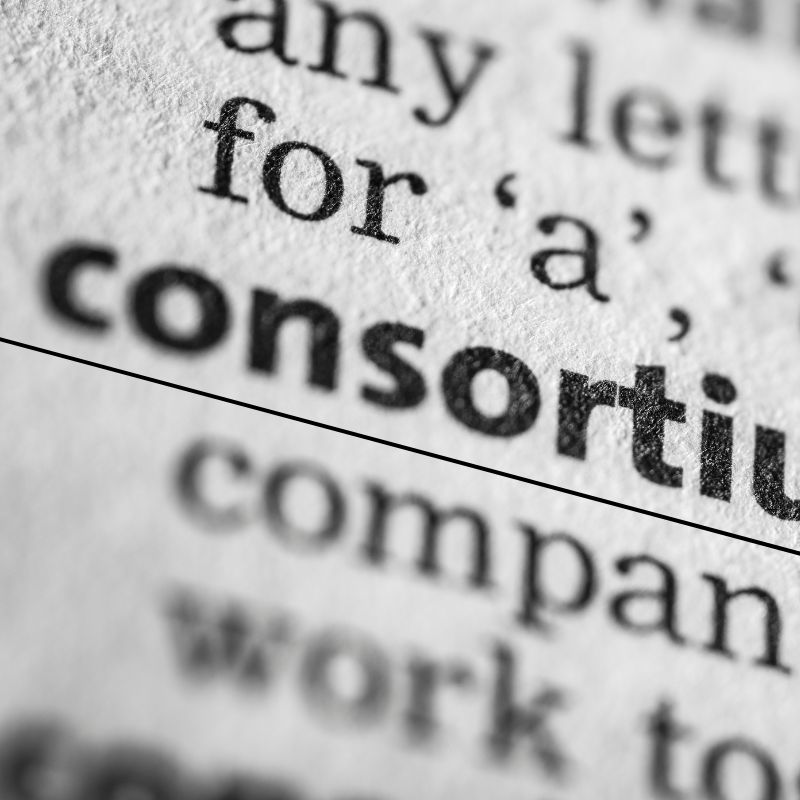
The loss of consortium is defined as the loss of the advantages of a family relationship that occurred because of the damages inflicted by another person through his/her careless or wrongful behavior. It is usually a claim of the spouse or close family other than the person who suffers. It is associated with the deprivation of companionship, affection, comfort, support, sexual relations, and even the possibility to parent that is now lost to a beloved person because of his/her injuries.
Loss of consortium is treated as a non economic form of damages which implies it is not related to a certain monetary loss such as a medical bill or lost wages. They instead seek to offer damages on intangible and emotional losses that occur due to wilted relationship.
What Consortium Loss Claim may be brought by?
Historically, loss of consortium claims are restricted to married spouses in most jurisdictions and Australia is one of them. Nonetheless this is changing and there may be some courts who now accept claims by a de facto partner or others in a close domestic relationship depending on the context.
Loss of consortium may, by example, be claimed in Western Australia by someone claiming under the Law Reform (Miscellaneous Provisions) Act 1941 (WA). Under the same law, a spouse of an injured individual might qualify to receive compensation in case the injury has been caused by a negligent or wrong act of a third party and has greatly interfered with the capacity of the injured party to provide to the marriage or the household.
Although children and other members of the family might experience grave harms through injury to a loved one, other than a spouse, loss of consortium claims are infrequent and no longer are well-established unless they are subject to explicit requirements.
Which kind of Injuries?
A loss of consortium claim does not apply in all cases of personal injury. Usually, the damage incurred by the victim will have to be severe and in long-term like:
- Traumatic brain injuries
- Paralysis
- Limb amputation or loss of functions
- Severe disfigurement
- Mental illnesses as a consequence of the injury
- Death (wrongful death case)
The main point of attention is that the injury severely changed the connection of the injured individual with his or her spouse /partner. As an example, when the injured individual is deprived of the ability to engage in intimate behavior, offer emotional support and to share certain responsibilities such as bringing up children or household duties, a viable argument of a loss of consortium may be presented.
Damages to Establish in A Loss of Consortium Claim
The case law in support of loss of consortium claims is not an easy task since it is quite subjective and emotional. To be successful in claiming such, you normally have to prove:
A Real relationship
Evidence of a marriage with the injured spouse at or about the time of injury or a recognized domestic partnership with the injured spouse at or about the time of the injury.
Inattention or Sin
This must have been the injury of your spouse that was caused by the careless or malicious act of other party.
Great influence on the relationship
They must show that the injury has impacted your relationship in a meaningful way which is directly linked, i.e. a loss of intimacy, companionship or mutual support.
The testimonies, medical reports, psychological assessment and expert evidence will most of the time be considered by the courts determining the degree of the damaged relationship.
Problems with Loss of Consortium Claims
Since such allegations touch on issues that are highly personal, one may find these allegations emotionally demanding and it may even involve presenting intimate details about your marriage relationship at the court. Furthermore, such claims tend to be highly assessed, particularly that the physical damage is not apparent or enduring in seriousness.
In addition, these claims are not all recognized or appreciated in different jurisdictions. The different courts might consider placing caps on damages and some might consider the damages as secondary or derivative claims that entirely rest upon success of the primary personal injury claim of the victim.
Damages Which You may Claim
Provided it would be successful, a claim based on loss of consortium could lead to compensation on grounds of:
- Separation of love and friendship
- The damage of the relationship led to emotional distress.
- Loneliness in parenthood and house chores
- The damages are to admit the true, yet usually, intangible impact of living or marrying with a person who has been transformed forever because of an accident or injury.
Taking a legal advice
Because of the delicacy and intricacy of the loss of consortium claims, it is necessary to seek the consultation of people who have had an experience in the field of law. Although the injured party might be already undertaking a claim of compensation, the spouse or partner is usually expected to art a different but related claim.
The best personal injury lawyers Perth may also be able to offer the knowledge and experience to determine whether the pursuit of a loss of consortium claim is suited to your circumstances. They can assist you in gaining access to the law you are entitled to and evaluate whether your case is strong and shed light on a potentially emotional and complex process in law.
Final Thoughts
Loss of consortium is a special type of damages that acknowledges the extent to which a person can be affected by medical injuries, as they can go deep and lasting as a result of affecting not only the victim involved but also those they love. Although they are not always easy to follow and establish, these allegations demonstrate the values of relationships and the personal sacrifices that may be enforced on a family unit due to injury.


